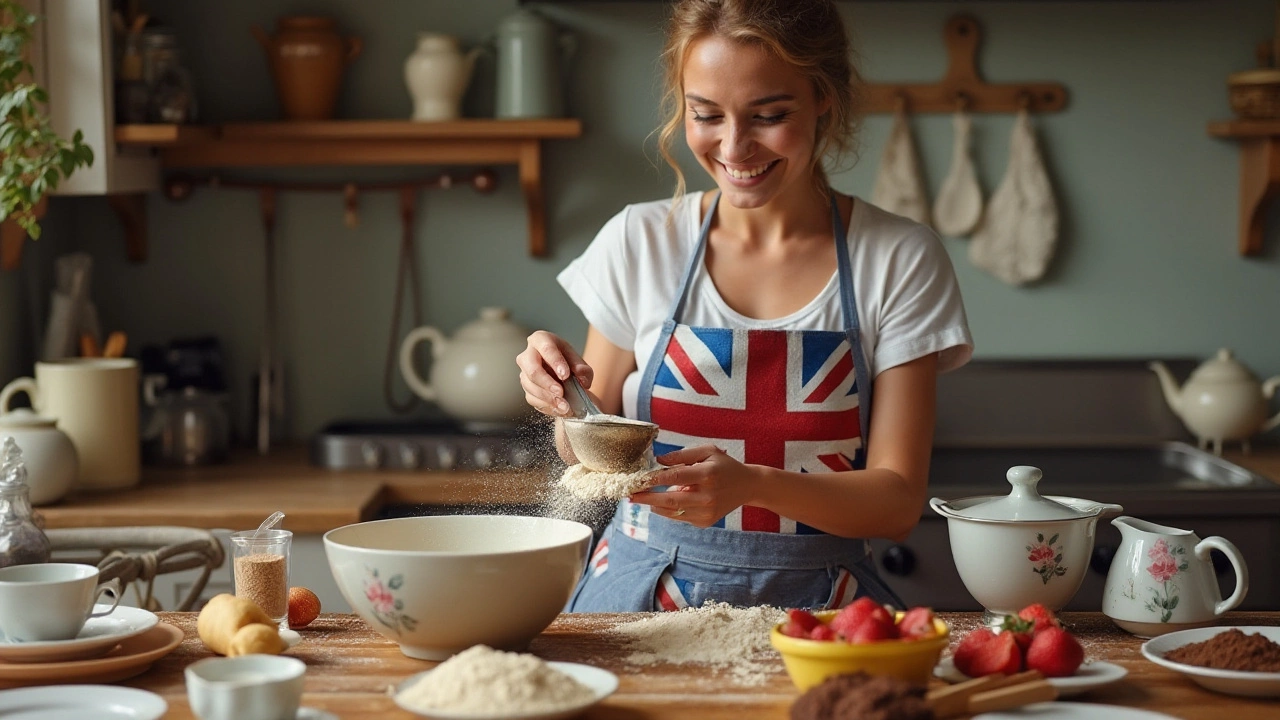Gluten‑Free Tips You Can Start Using Today
If you’ve ever felt stuck wondering what’s really safe to eat, you’re not alone. Gluten can hide in the most unexpected places, and a tiny slip can ruin a delicious dessert or cause a flare‑up. Below are straightforward tips you can apply right now, whether you’re mixing a cake batter or grabbing a snack.
Unexpected Gluten‑Free Foods
Most people think they know the gluten‑free list: rice, potatoes, corn. But there are pantry staples that often surprise. For example, plain popcorn, canned tuna, and even certain brands of soy sauce are naturally gluten‑free. The trick is to read labels carefully—look for “no wheat, barley, rye” statements and watch out for hidden thickeners like maltodextrin.
Legumes are another goldmine. Chickpeas, lentils, and black beans are naturally gluten‑free, but they can be processed in facilities that also handle wheat. When you buy them, choose a brand that states they are processed in a gluten‑free environment. This simple check saves you from accidental cross‑contamination.
Baking Hacks with Gluten‑Free Flour
Switching to gluten‑free flour doesn’t have to turn your cakes into cardboard. The key is to use a blend that mimics the elasticity of gluten. A good mix is 1 cup rice flour, ¼ cup potato starch, and ¼ cup tapioca starch. Add a tablespoon of xanthan gum per cup of flour to give the batter a bit of stretch.
Don’t forget moisture. Gluten‑free batters tend to dry out faster, so increase the liquid by about 10‑15 %. A splash of milk, yogurt, or even apple sauce can keep your cake tender. Also, lower the baking temperature by 25 °F and extend the bake time a few minutes; this prevents the edges from over‑browning while the center sets.
When it comes to cookies, chilling the dough is a game‑changer. Even a 30‑minute rest in the fridge lets the starches hydrate, resulting in a chewier texture. And always use parchment paper or a silicone mat—gluten‑free dough is more prone to sticking.
Beyond flour, there are a few pantry shortcuts that make gluten‑free cooking smoother. Use certified gluten‑free oats for a hearty breakfast, swap regular soy sauce for tamari, and keep a stash of almond or coconut flour for quick thickening without a flavor shift.
Finally, keep a dedicated set of utensils, cutting boards, and storage containers for gluten‑free items. Even a tiny crumb from a regular loaf can travel fast in a busy kitchen. Labeling your gluten‑free shelves helps everyone stay on track.
With these tips in hand, you’ll feel more confident tackling everything from a simple pancake to an elaborate wedding cake. Gluten‑free doesn’t have to mean boring or complicated—just a little extra awareness and a few smart swaps. Happy baking, and enjoy the peace of mind that comes with knowing every bite is truly safe.

